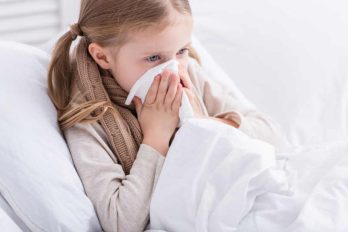A primary care physician, or PCP, is a medical practitioner who provides the everyday health care that you or your child needs. He or she will have worked with you extensively and will be able to provide well-patient care, immunizations, urgent checkups, acute care, and referrals to specialists when necessary. It is always beneficial for your child to have a primary care physician.
Why Should Your Child Have a Primary Care Physician?
The most important reason to choose a PCP for your child is so that she can enjoy thorough preventative care. Preventative care is basic health care designed to help your child stay healthy throughout life. It could include well-child visits, immunizations, and regular checks for growth and development.
What Are the Benefits of Choosing a Pediatrician as Your Child’s PCP?
While family practitioners and internists often see children, they may not see infants. In addition, they do not have the extensive education in health care for children that a pediatrician has. This is particularly important if your child has any health concerns or chronic conditions that require regular visits.




